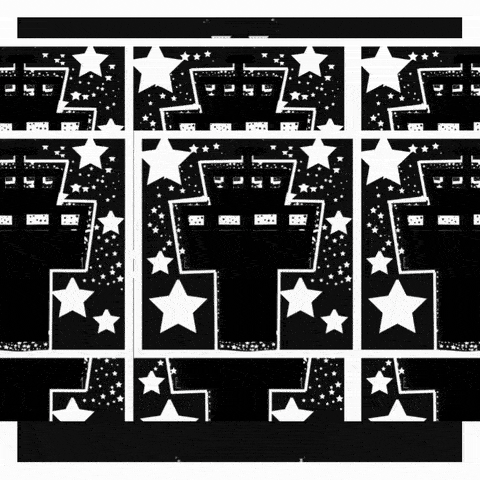Click here to flash read.
Journal field classifications in Scopus are used for citation-based
indicators and by authors choosing appropriate journals to submit to. Whilst
prior research has found that Scopus categories are occasionally misleading, it
is not known how this varies for different journal types. In response, we
assessed whether specialist, cross-field and general academic journals
sometimes have publication practices that do not match their Scopus
classifications. For this, we compared the Scopus narrow fields of journals
with the fields that best fit their articles' titles and abstracts. We also
conducted qualitative follow-up to distinguish between Scopus classification
errors and misleading journal aims. The results show sharp field differences in
the extent to which both cross-field and apparently specialist journals publish
articles that match their Scopus narrow fields, and the same for general
journals. The results also suggest that a few journals have titles and aims
that do not match their contents well, and that some large topics spread
themselves across many relevant disciplines. Thus, the likelihood that a
journal's Scopus narrow fields reflect its contents varies substantially by
field (although without systematic field trends) and some cross-field topics
seem to cause difficulties in appropriately classifying relevant journals.
These issues undermine citation-based indicators that rely on journal-level
classification and may confuse scholars seeking publishing venues.



